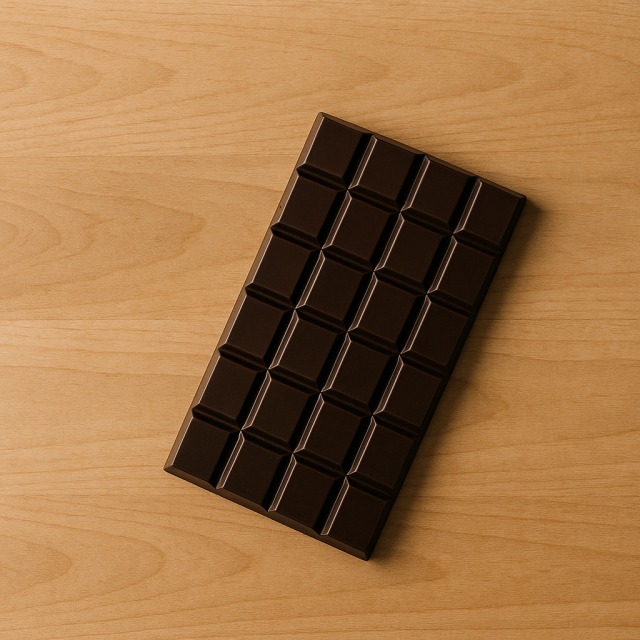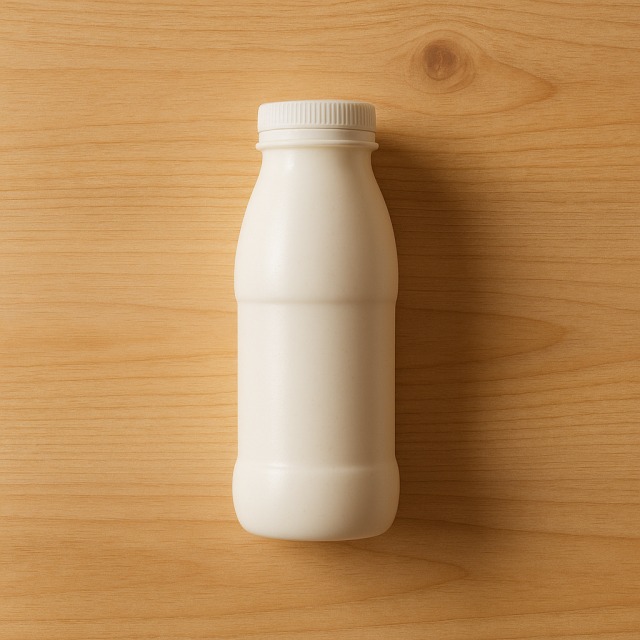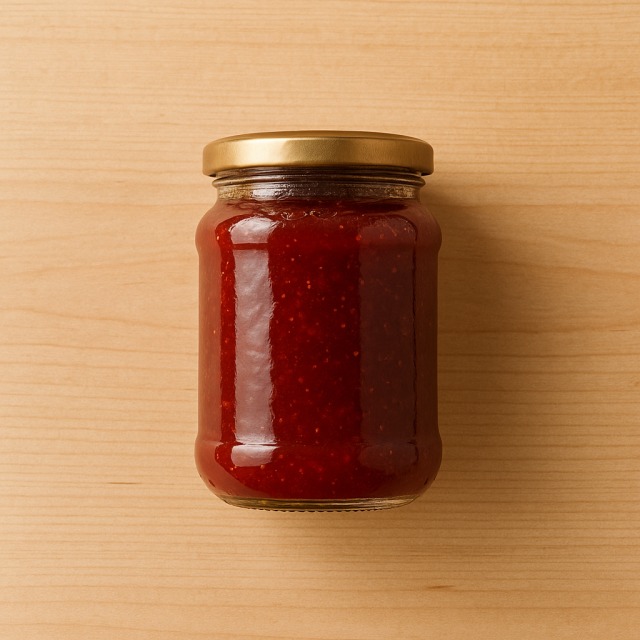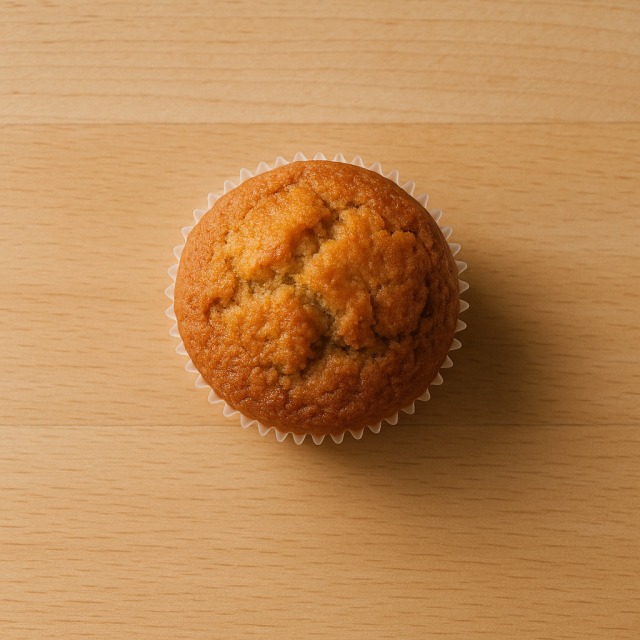Calorie Chart / Breakfast, Snacks / Chocolate - Dark
How Many Calories Are in Dark chocolate?
Calculation of the nutritional value & Recommended Dietary Intake of dark chocolate
For g and a calorie requirement of kcal
| Calories 110 kcal | Proteins 1.6 g | Lipids 8 g | Carbohydrates 8 g |
| 6% | 2% | 12% | 3% |
Health benefits of dark chocolate

Dark chocolate - 100g
Calories 552 kcal
Proteins 7.8 g
Lipids 40 g
Carbohydrates 40 g
Dark chocolate is classified as a high-calorie food: its rich, intense flavour is obtained at the cost of a generous supply of calories, yet these calories are not "empty." The cocoa mass delivers significant amounts of magnesium, iron, copper, and manganese, while flavonoids such as epicatechin provide antioxidant activity that may help fight oxidative stress. Thanks to this combination, many dietitians argue that a small portion can justify its calories by supplying minerals that are sometimes lacking in Western diets.
Theobromine and a touch of caffeine give a mild stimulating effect that can improve alertness without the abrupt spike often associated with coffee. Several studies suggest (supposed benefit) that regular, moderate consumption may support cardiovascular health by improving endothelial function, although the evidence remains mixed. Historically, Mayan and Aztec civilisations even used cacao beans as currency—a reminder that people have valued its calories and energising properties for centuries. Compared with milk chocolate, the higher cocoa percentage means more antioxidants for the same amount of calories, making dark chocolate the preferred choice for gourmets concerned about nutrient density.
Tips for incorporating dark chocolate into a balanced diet
Because its calories add up quickly, portion control is essential: a 20 g square after lunch can satisfy a sweet tooth without upsetting a balanced intake of calories. Combine that square with a handful of almond pieces for extra crunch and protein, or melt it over warm banana slices for a dessert that feels indulgent yet keeps calories in check through fruit fibre.
Dark chocolate also works beautifully in savoury dishes. A teaspoon grated into a chili-style stew or a beef curry with rice intensifies flavours while only marginally affecting total calories when the rest of the recipe stays light. For breakfast, whisk a spoon of cocoa nibs into plain yogurt and top with fresh strawberry halves: you get sustained energy, limited added sugars, and a satisfying mouthfeel, all while respecting your daily calorie budget. Whichever recipe you choose, pair dark chocolate with fibre-rich fruit or protein-rich nuts to maximise satiety per calories consumed.
Frequently Asked Questions
- How many calories in dark chocolate?
- There are 552 kcal per 100 g.
- Does dark chocolate have fewer calories than milk chocolate?
- Dark chocolate often contains slightly fewer calories than its milk-based counterpart because it carries less sugar, but the difference in calories is modest; what changes most is the micronutrient profile.
- Can I eat dark chocolate while trying to reduce calories?
- Yes, as long as you measure portions; one or two squares can fit easily into a daily calorie allowance without derailing weight goals.
- Is 70% cocoa lower in calories than 90% cocoa?
- The change in cocoa percentage alters the balance between sugar and fat, so calories vary only marginally; both remain high-calorie, so focus on flavour preference and portion size.
- What is the best time of day to consume dark chocolate to manage calories?
- Dietitians often suggest eating it after a balanced meal when protein and fibre are present; this strategy blunts blood sugar response and prevents extra snacking that would raise overall calories.
- Does melting dark chocolate change its calories?
- No, melting does not alter calories; only additions such as butter, cream, or sugar will increase the total calories of the finished dish.
Similar foods
Information provided by Calorie Menu may contain inaccuracies or errors. It cannot, under any circumstances, substitute medical advice or medication.










